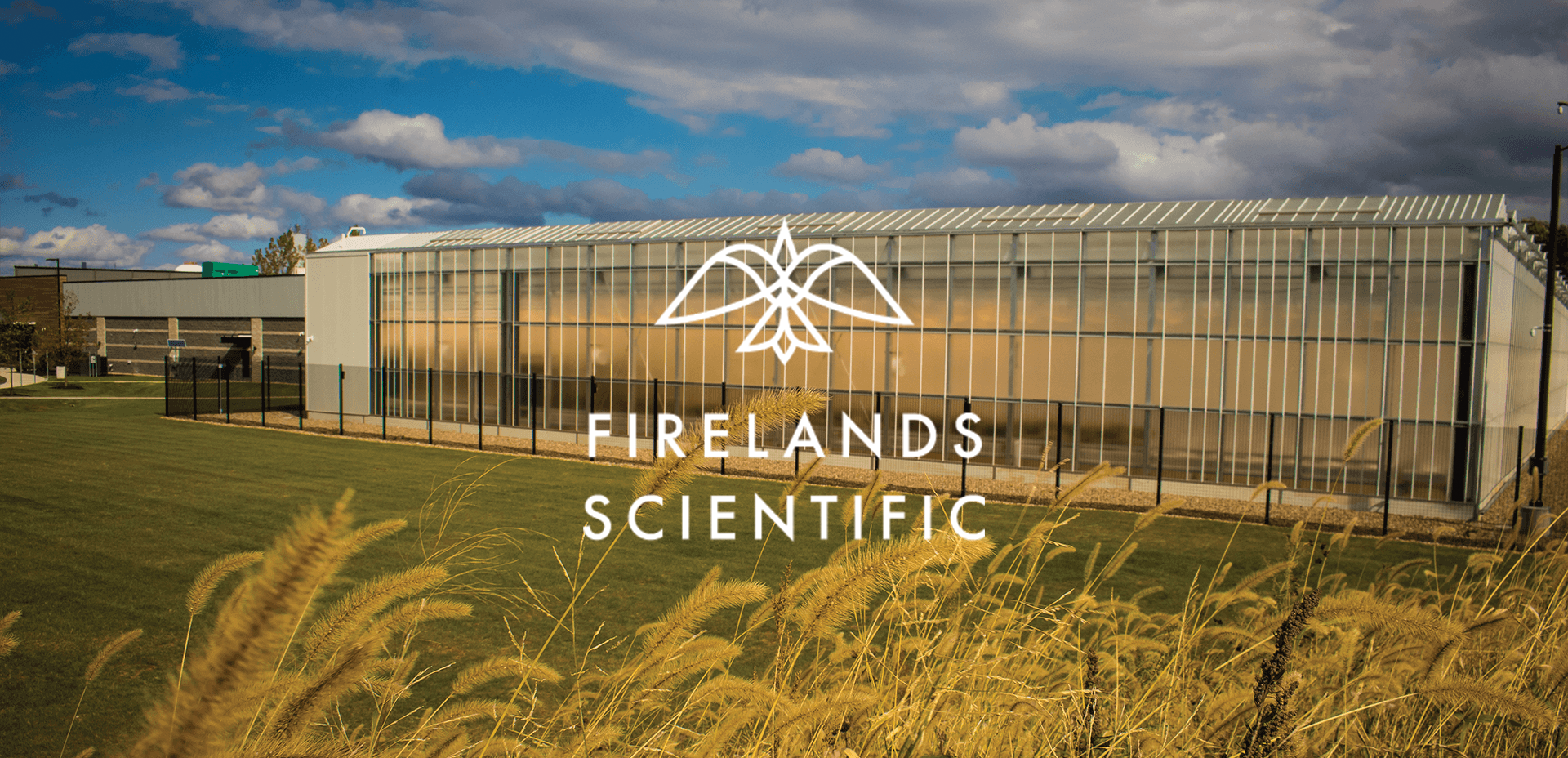One in three Americans now lives in a state where they can legally buy marijuana after a remarkable 2020 Presidential election. With all the chaos surrounding other parts of the election, there’s at least one winner that can claim victory: the cannabis industry.
On the ballot was the question of legalization in six U.S. states where voters overwhelmingly succeeded in making their voices heard. Adult recreational use of cannabis passed easily in Arizona, Montana, New Jersey and South Dakota, while Mississippi and South Dakota approved cannabis for medical-use patients.
In total, thirty-five states now allow some form of medical marijuana use, with 15 states total (plus D.C.) allowing recreational use, indicating a newly established presence for the cannabis industry and reasons to be hopeful for future growth.
How the average American thinks about cannabis
The election results further prove an overall acceptance of cannabis use in some form or another. With only 15 states remaining that have yet to legalize marijuana, people realize that cannabis is increasingly becoming a part of American life.
Without a doubt, the various options for consumption are part of the equation. Consumers can grab cannabis edibles, transdermal patches, nutraceuticals, pharmaceuticals, and others. This breaks down barriers for the average American since consumers are no longer limited to smoking marijuana—an increasingly taboo way to consume, at least in public places—to get the beneficial effects of cannabis.
Stay Informed: Check out this 2021 Cannabis Trends Report (PDF)
While some states continue to hop on the cannabis bandwagon, what about the remaining states and the federal government?
The ‘states’ of cannabis
Cannabis regulation, at some level, will always be state-specific. Since the plant remains illegal under federal law, cannabis business owners have limited access to banking services and funding.
Even with a near 50/50 split among Republican voters for and against legalization, the GOP lawmakers are a tougher crowd. Republican-led states without any legalization status are in the minority, but cannabis advocates remain hopeful they can overturn the anti-marijuana representatives in 2022 midterm elections.
Some traditionally conservative states, such as North and South Dakota or Missouri, where cannabis is at least partly legalized, could go a long way in convincing Republican lawmakers and local politicians in conservative states like Idaho, Wyoming, and Kansas toward legalization.
Simply being surrounded by states which permit the sale of recreational marijuana will be a growing problem for illegalized states and law enforcement. Not being able to effectively enforce laws on the number of residents who travel across state lines to score might force some states’ hands.
Other signs come from state governments who have lost tax revenues after COVID-19 business closures and see cannabis as an acceptable avenue to recoup money and create jobs during and beyond today’s economic uncertainty.
Many states who have passed cannabis legalization measures by wide margins are represented by Republican senators making some advocates hopeful for federal cannabis reforms.
What’s up with the Feds
Federally, the House recently voted to remove marijuana from the federal schedule of controlled substances and presented some ideas toward a national regulation and taxation standard for legal cannabis sales.
In a 228 to 164 vote largely along party lines, it was the first time either chamber of Congress has voted on the idea of federally decriminalizing cannabis. While the measure is not expected to pass into law, the House took a stand at a moment of increasing and widespread drive to liberalize marijuana laws.
Even if the Biden-Harris administration moves toward decriminalization, official federal legalization is ways off and it would create sudden logistical problems for the states to align on matters such as purchase, possession, transport, shipping, and taxation of cannabis.
Still, the Biden administration represents the greatest potential for cannabis legalization efforts at the federal level since voters widely accepted legalization based on the 2020 election. President-elect Biden declared intention toward criminal justice reform, which certainly seems to help the cause toward incremental, inevitable federal legalization.
President-elect Biden indicated plans to announce an attorney general soon who is expected to be more favorable to the cannabis industry after four years of Jeff Sessions and William Barr, appointees who were both hostile toward marijuana.
Is cannabis a good investment?
As a result of the 2020 election, the cannabis market will continue to expand over the next few years. Since there appears to be plenty of room for growth, investors will be eager to put more time, effort, and money into the industry. Some big players will emerge as growth-oriented companies figure out how to streamline and standardize processes, especially as increased competition forces cannabusiness operators to become more efficient.
On the other hand, cannabis operators who stick with old processes they ran with before the pandemic may struggle, while others will go out of business altogether or be acquired by the growth-oriented companies mentioned above.
c2b teknologies has the right tools and technologies that help cannabis companies prepare for unexpected disruptions while capitalizing on the latest trends. We offer the kind of partnership that your cannabis company needs to grow from any point in your business life cycle.
Contact one of our cannabis technology experts to learn how your company can become more adaptable with the right cannabis technology.





